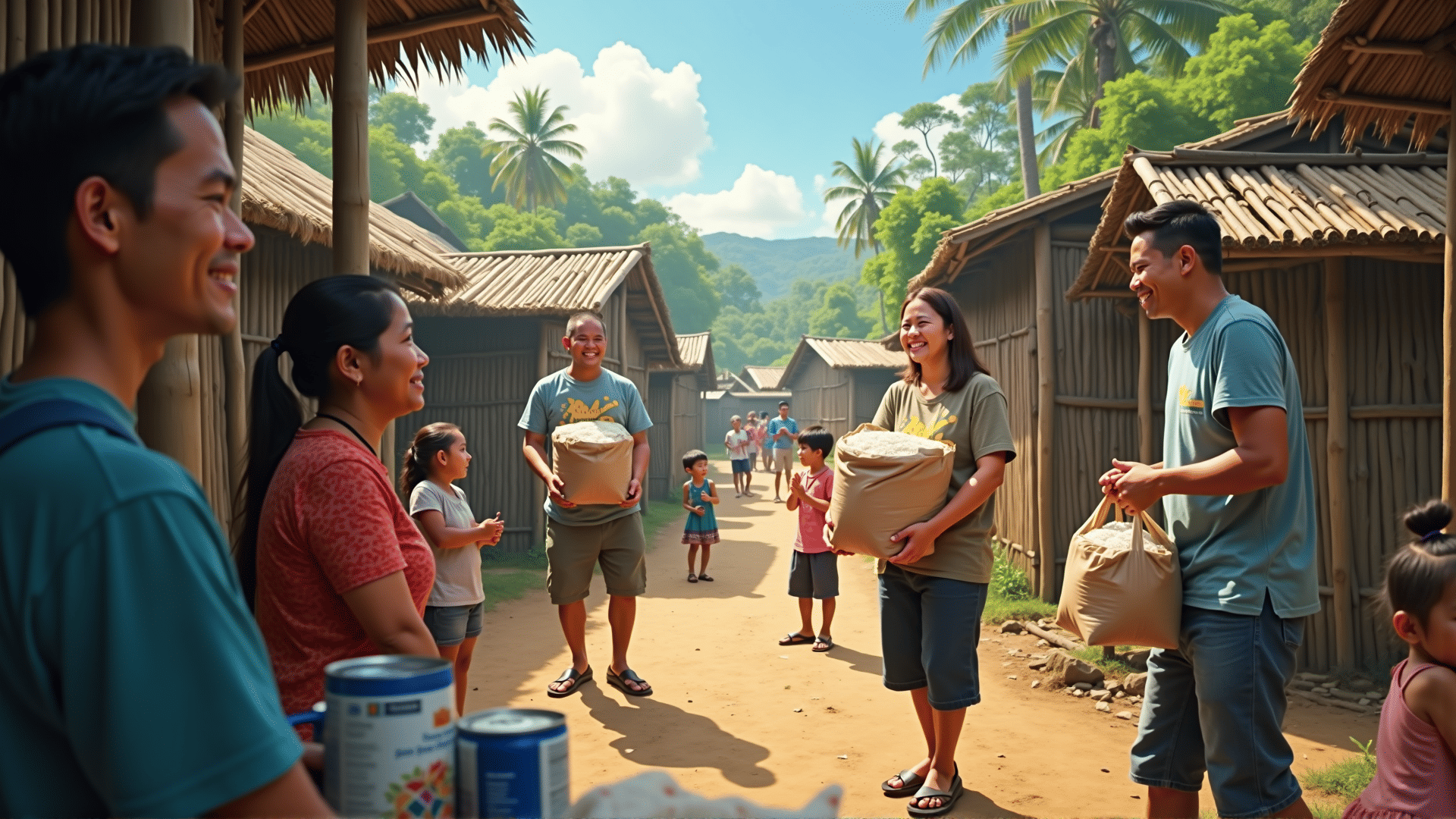In the Philippines, a nation characterized by its rich cultural diversity and breathtaking landscapes, there exists a significant challenge: ensuring that underprivileged areas receive the support and services they desperately need. Various initiatives have been established to address this challenge, focusing on improving the quality of life and opportunities available to individuals living in these communities.
One of the primary areas of focus is education. Various non-profit organizations are tirelessly working to provide educational resources and infrastructure in rural and marginalized communities. Programs ranging from the construction of schools to distributing school supplies and offering scholarships play a pivotal role in empowering young minds. These initiatives recognize that education is a key element in breaking the cycle of poverty, helping children and young adults gain the skills they need to create brighter futures.
Healthcare is another critical area in need of support. Many underprivileged regions lack access to basic medical services and facilities. Initiatives aimed at bridging this gap often include the deployment of medical missions, where teams of doctors and healthcare professionals travel to remote areas to offer free check-ups, vaccinations, and medical treatments. Additionally, efforts to improve healthcare infrastructure, such as building clinics and training local healthcare workers, are essential in creating sustainable health solutions.
Clean water and sanitation are fundamental needs that initiatives are addressing, recognizing their vital role in preventing disease and ensuring a healthier environment. Projects focused on constructing clean water facilities, improving sanitation systems, and educating communities on hygiene practices are making palpable improvements in the daily lives of many.
Furthermore, skills development and livelihood programs are empowering individuals by providing them with the knowledge and tools necessary to support themselves and their families. These programs often include training in sustainable agriculture, crafts, and other trades, enabling communities to thrive on their resources and talents.
The involvement of local communities is essential for the success and sustainability of these initiatives. By fostering community engagement and participation, these projects are more likely to resonate and become self-sustaining over time. Local leaders, in conjunction with organizations and volunteers, play a significant role in tailoring these programs to suit the specific needs and cultural contexts of each region.
While significant progress has been made, there is still much to be done to ensure equitable service provision across the Philippines. Collaborative efforts between non-governmental organizations, community leaders, volunteers, and international partners are crucial in continuing to address these challenges and nurturing positive change.
These initiatives not only provide immediate relief but also pave the way for long-term improvements in underprivileged areas of the Philippines. By leveraging education, healthcare, clean water, sanitation, and skills development, these efforts are creating a foundation for strengthened communities, empowering individuals to transform their circumstances and build brighter, more sustainable futures.
